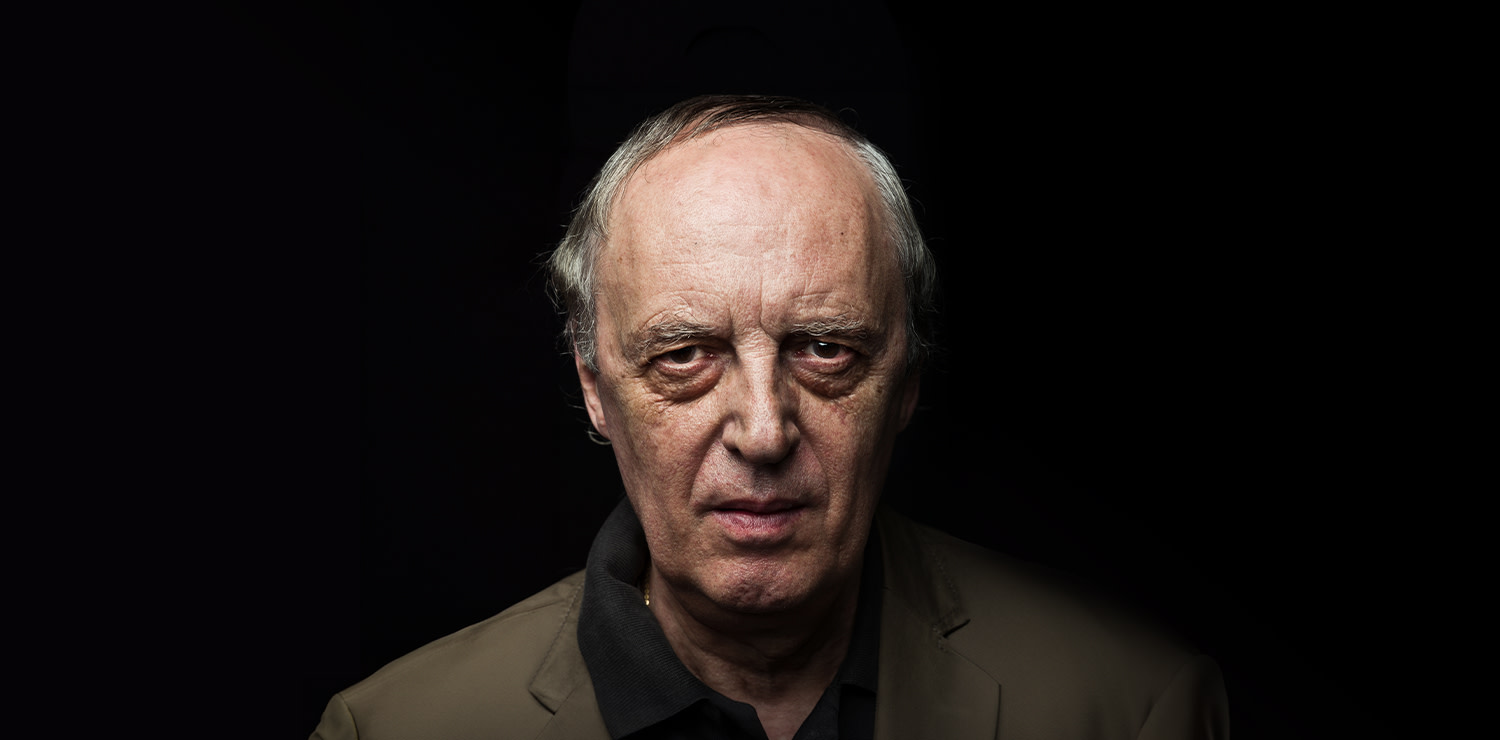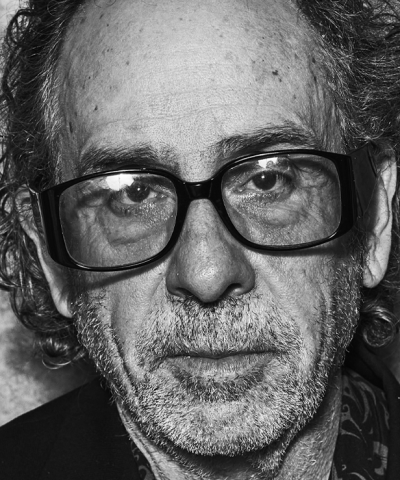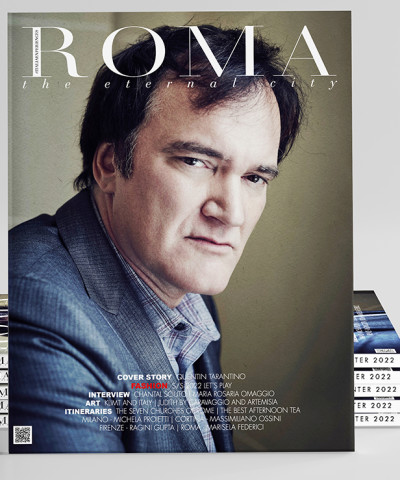Dario Argento and his connection with Rome
Our interview with the great horror film director
“I wrote many of my movies while staying at Roman hotels”. That’s how our interview with one of the greatest Italian film directors, the ‘Master of Thrill’ and creator of masterworks such as Deep Red and Suspiria, begins. “For instance, at the Flora Hotel and Excelsior on Via Veneto - he goes on - at the Shangri-La in the Eur area and another one, on Via Po, I don’t’ remember the name, but it was beautiful: a medieval and a bit 19th century-style building where Fellini lived too. I love writing at hotels in order not to be bothered”. He goes straight to the point, without filters. This is the key of Dario Argento’s success. He knows how to frighten people, but fear seems not to touch him. He’s been that way since he was a child, at least judging by the picture he shows us, of him at the age of two with a little shotgun in his hand, taken by his mother Elda Luxardo, a great Brazilian photographer. A plump and sweet boy, although the shotgun was already a sign that death, murder and blood would populate his imagination growing up. Born and raised in Rome, his life and career was marked by the famous Luxardo photographer’s studio, where he met all the movie stars. “By staying for hours at my mother’s studio, I learned to look at the world through the eyes of cinema”.
Your first experience with filmmaking was as a critic for Paese Sera.
Yes, it was, although I did not start right away as a critic. In the beginning, I ran a weekly column published on Mondays, in which I gave a list of the box office receipts from the movies, a simple thing that no other newspaper did, with the addition of a few personal comments. The Show Page’s editor liked it very much, so we became friends and he asked me to do interviews with movie stars. Back then, Paese Sera was a very important newspaper, popular with both intellectuals and the general public. It was a wonderful time of my life, I went to the movies, I watched a lot of films and I wrote about both the good and bad ones. I wrote an avalanche of reviews, without fanciful literary ambitions nor conceptual heaviness, but in a quick and straight way and the readers enjoyed it.
You once said that, in your opinion, images must make love with music.
Yes, it’s true, music is essential. Back then, I was also a music critic. I remember that I once had to review an important show, Mina was one of the guest stars. I gave her a bad review too. The show, however, was not aired, but I didn’t know it because I went to the movies that night, so I reviewed a show that was never broadcast. The editor was furious with me, I was sure he would fire me, but he did not.
Then you went from being a critic to being a filmmaker. Please tell us an anecdote about one of your masterworks, Deep Red.
I can tell you that when my father and brother read the script, they were very critical of it, they did not like it, my father said something like “What’s the point of this puppet?... I don’t know…” Instead, the producer liked it very much from the outset. Had it been up to my father and brother, my most successful movie would have never seen the light of day.
What is your greatest fault ?
I’m too passionate about things.
And the quality?
Passion again. When I was still a scriptwriter, I spent entire days thinking, writing….
Your dedication was appreciated even by Sergio Leone…
Yes, I was 24 years old and Bertolucci and I wrote one of his greatest movies, Once Upon a Time in the West.
Please tell us about the first time you met Bertolucci.
We knew each other long before we worked with Leone. Then, by working together, we became friends. I love his filmmaking style, he always had class, even as a young man. He spurred me to do this job. When he read the script of The Bird with the Crystal Plumage (Dario Argento’s first film as director, editor’s note), he told me that it would have been a hit and he was right.
What is your relationship with psychoanalysis?
Bertolucci went to therapy and reproached me for not going myself. But I read Freud’s books and was very attracted to them, I psychoanalysed myself to try to understand my mind.











